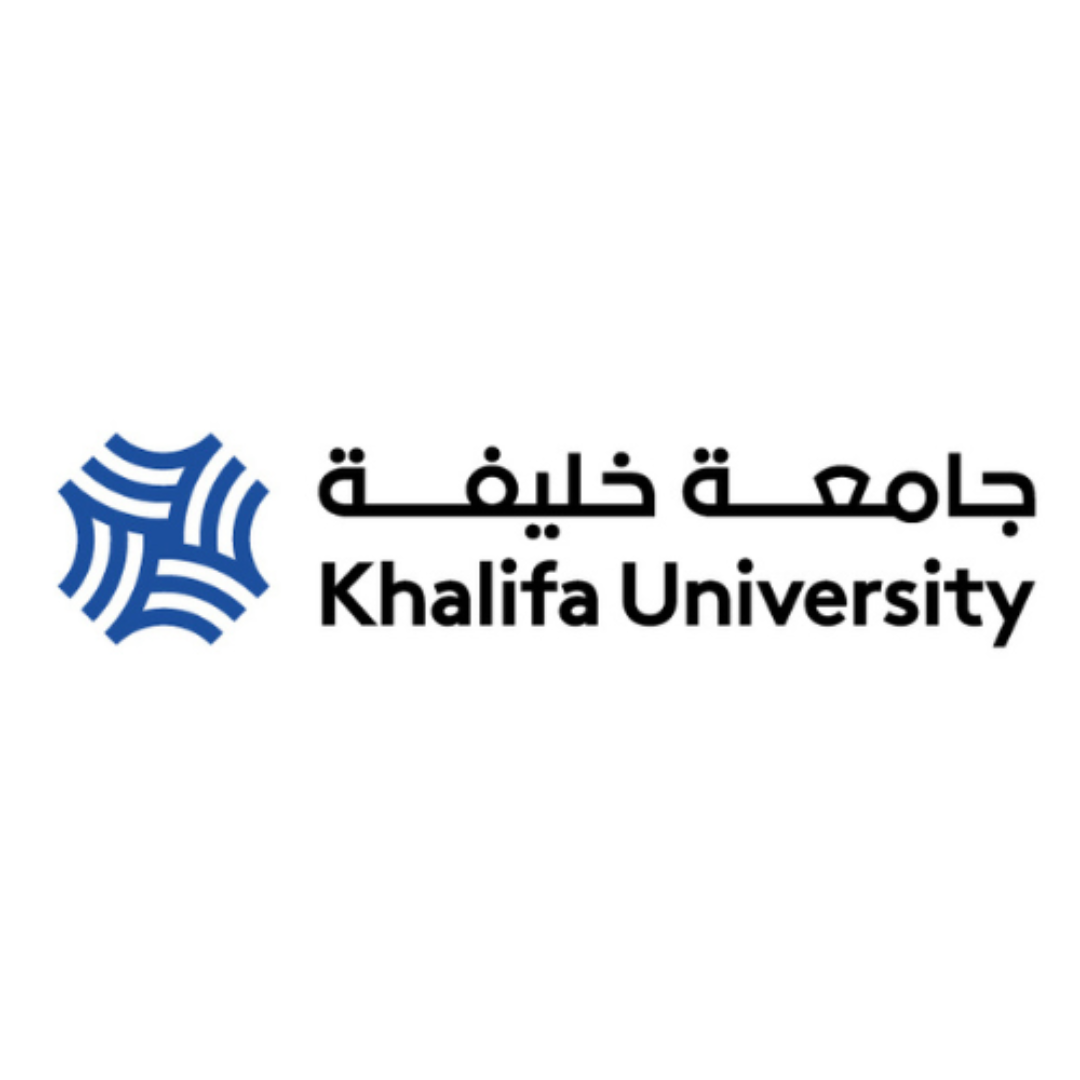📖Introduction
Simon Fraser University (SFU) is a leading Canadian institution located in Burnaby, British Columbia. With a mission to be Canada's most community-engaged research university, SFU offers a comprehensive range of programs across disciplines including arts, sciences, business, communication, engineering, health sciences, and more. SFU is known for its innovative curriculum, interdisciplinary approach, and commitment to social responsibility. Students at SFU benefit from a supportive and inclusive learning environment, cutting-edge research opportunities, and a vibrant campus life surrounded by the natural beauty of British Columbia.
Show less










